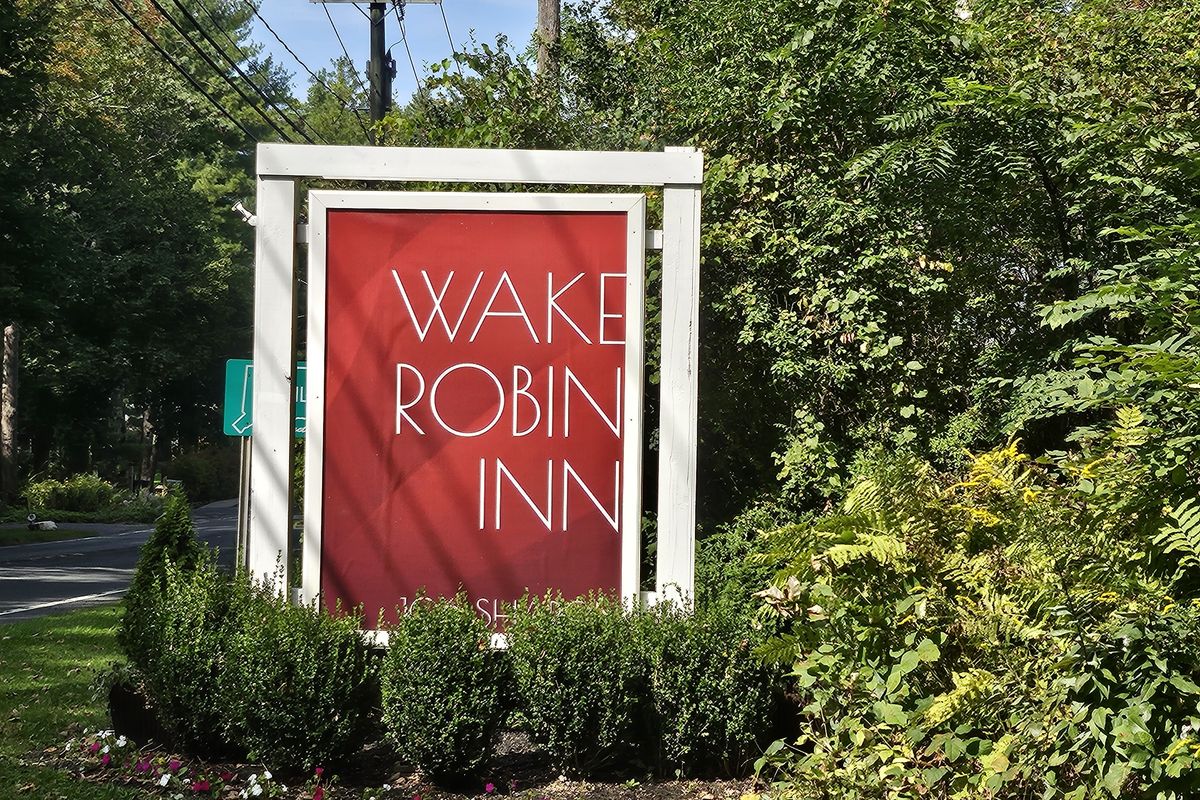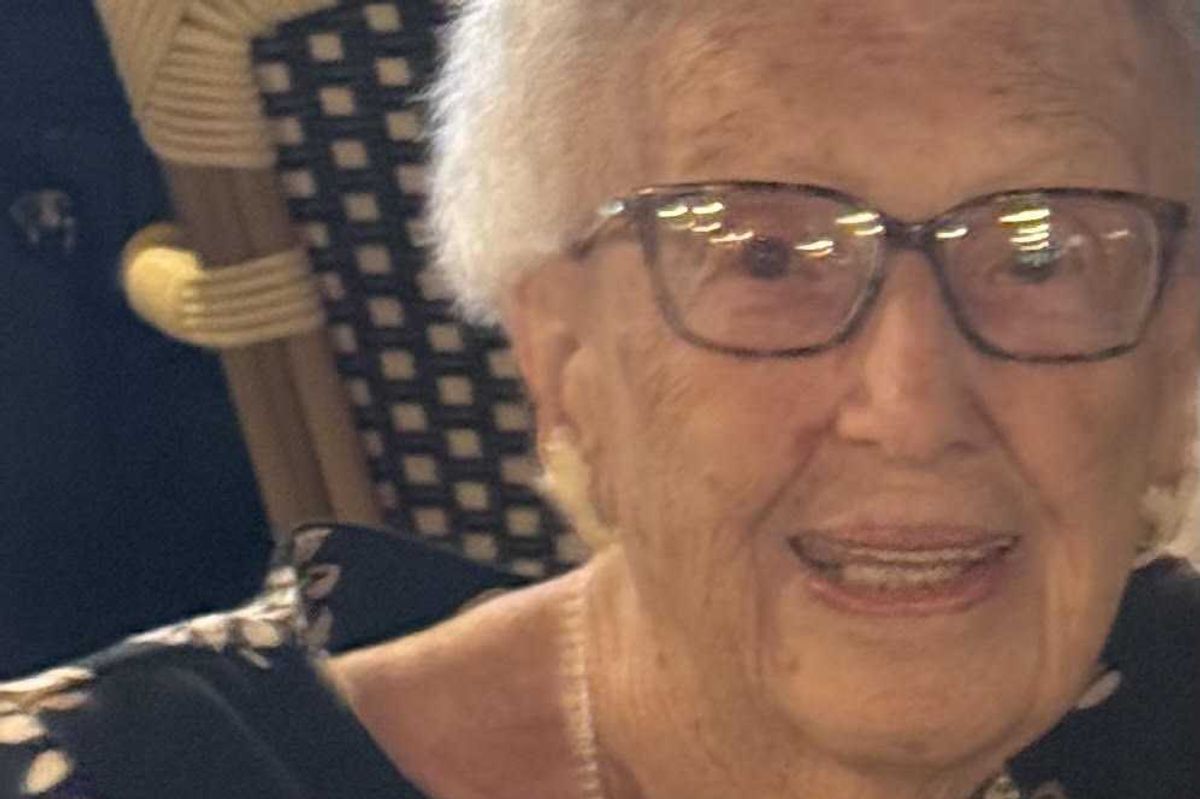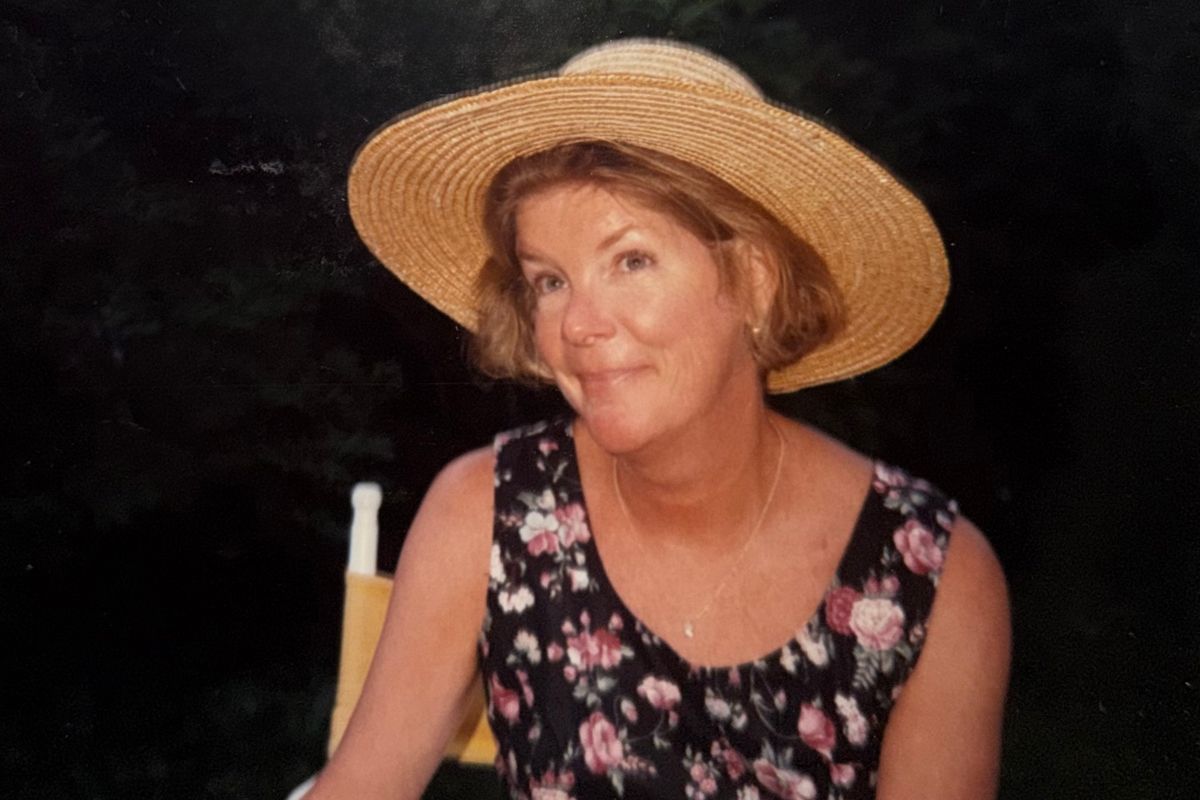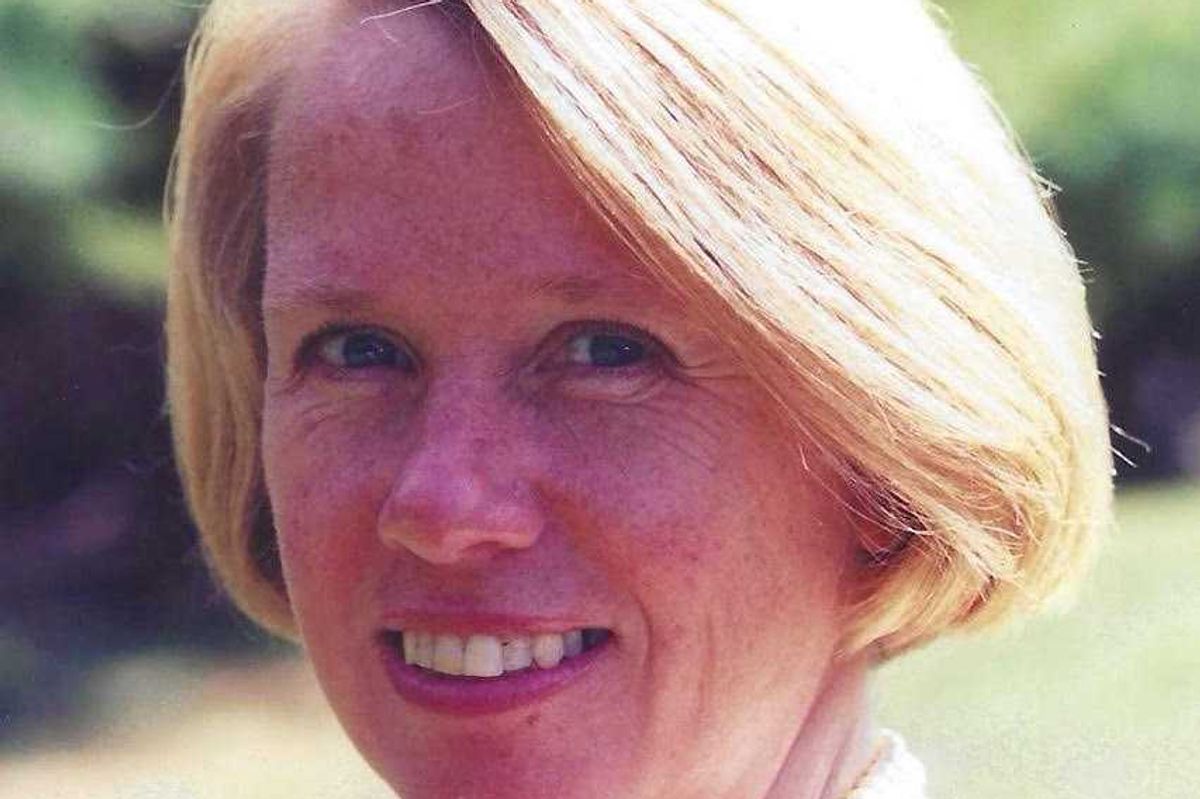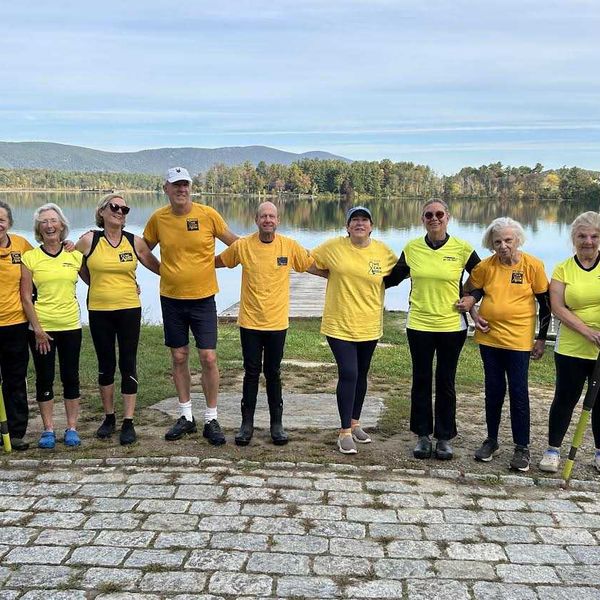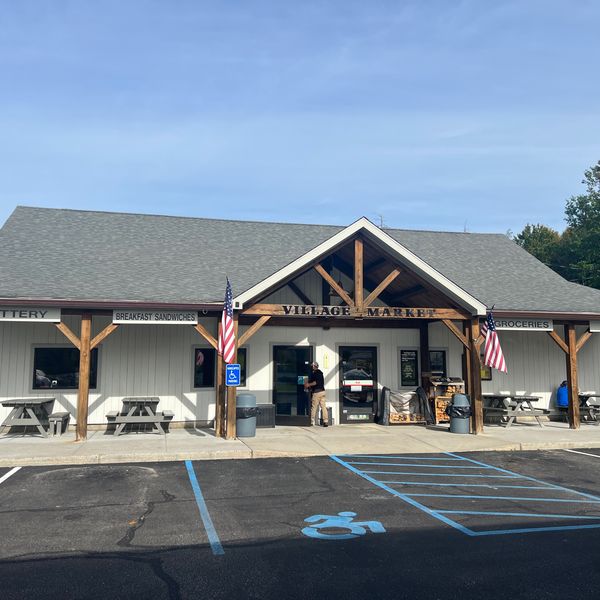Latest News
Wake Robin Inn is located on Sharon Road in Lakeville.
Photo by John Coston
The legal case, if approved by the court, would nullify a 2024 zoning regulation change that allows hotels in the RR1 zone via special permit application.
LAKEVILLE — At nearly 11 p.m. on Monday night, Oct. 20, Salisbury’s Planning and Zoning Commission voted 4-1 to approve, with conditions, Aradev LLC’s controversial application to redevelop the Wake Robin Inn.
The decision came more than 4 hours after the meeting began at 6:30 p.m., and more than a year since Aradev submitted its first application to expand the longstanding country inn. The approved plans call for a new 2,000-square-foot cabin, an event space, a sit-down restaurant and fast-casual counter, a spa, library, lounge, gym and seasonal pool.
Aradev withdrew its first application in December 2024 after P&Z indicated it would likely deny it based on concerns about sewer approval, noise levels and the general size and intensity of the proposed development. During a pre-application meeting held with Aradev in January 2025, the Commission informed the developer that those three topics were the cruxes of both P&Z’s and the public’s objection to the first proposal.
The nine-page, 40-condition draft resolution that was ultimately approved on Monday night states that in the revised application, those “three major areas of concern have been addressed.” The document, which is available for public viewing on P&Z’s “Meeting Documents” web page, lists a number of changes that have eased doubts: a reduction in the number of auxiliary cabins, a tightening of the central campus that brings external elements like the spa and pool closer to the core of the development, a thorough sound analysis and noise pollution mitigation plan, approval from the town’s Water Pollution Control Authority, and moving the “event barn,” once planned to be a free-standing structure, into the main inn building expansion.
In the Commission’s deliberations following the closure of the public hearing for the revised application in September, several commissioners expressed their satisfaction with Aradev’s responsiveness to the commission’s and community’s concerns. During the first deliberation session on Oct. 7, Chair Michael Klemens said he found the new plans to be “much better designed this go around,” though he did qualify that the proposed development was “still large.”
At the same meeting, commissioner Allen Cockerline voiced his approval of the renewed application’s technical details, such as its sound survey, a robust stormwater management plan, and relocating the event facility inside the main building, which he described as a “very, very positive move.”
Vice Chair Cathy Shyer, though, felt differently. “The bottom line is, this is a big development,” she said during the Oct. 7 discussion. “It’s as big as the last one.”
During the seven public hearing sessions that took place in August and September, cries that the revised application had not mitigated in any meaningful way its most invasive components — namely, the “inappropriate” size and scale of the development in a rural residential (zoned RR1) neighborhood — were a common refrain from neighbors of the inn.
Over the course of those seven meetings, and an additional six during the hearing process for Aradev’s first application last year, P&Z heard hours of testimony from the community, the vast majority of it in opposition to the project.
Shyer echoed those sentiments at the Oct. 20 meeting: “Some things just don’t belong in some places.”
She expressed her frustration at the Commission for its debate over conditioning the approval to remove three of the four cottages in the site plans, which she felt was a red herring towards the broader issue. “This project is so big and so intense that taking three keys away is not making any difference.”
The meeting eventually took a 45-minute recess to allow Land Use Director Abby Conroy to draft a new resolution that included the stipulation to remove the three cottages, leaving only one still included in the plan. Upon resuming the meeting at 10:30 p.m., Klemens asked for a motion to approve the resolution, which was followed by a lengthy silence before Cockerline eventually offered it up. The vote passed 4-1, with Shyer voting no.
The moment marked the end of an application process that has seen heightened emotions, community organizing that includes two petitions against the project with hundreds of signatures each, and litigation against P&Z for a regulation change that allowed the proposal to see review in the first place.
The legal case, if approved by the court, would nullify a 2024 zoning regulation change that allows hotels in the RR1 zone via special permit application. Klemens said that, because of this, “the applicant is proceeding totally at its own risk.”
P&Z’s attorney Charles Andres stated that he believed it was unlikely Aradev would even be able to begin construction in the next several months as the case sees court review: “It’s highly unrealistic that they will proceed while that is still pending.”
Keep ReadingShow less
Amanda Cannon
Oct 20, 2025
Amanda Cannon
Amanda Cannon
SALISBURY — Amanda Cannon, age 100, passed away Oct. 15, 2025, at Noble Horizons. She was the wife of the late Jeremiah Cannon.
Amanda was born Aug. 20, 1925, in Brooklyn, New York the daughter of the late Karl and Ella Husslein.
She was widowed at the age of 31 and worked as a bookkeeper for the Standard Oil Company and other oil companies in New York City until she retired at age 72.
Amanda moved to Noble Horizons in 2013 to live near her daughter Diane and son-in-law (the late) Raymond Zelazny.
She enjoyed her time in the Northwest Corner and was an avid nature lover, albeit considered herself a native New Yorker as she was born and resided in NYC for 88 years.
She was a faithful parishioner of St. Mary’s Church in Lakeville and attended Mass regularly until the age of 99.
Amanda was the grandmother of (the late) Jesse Morse and is survived by her daughter, Diane Zelazny, her grandsons, Adam Morse, Raymond Morse and his wife Daron and their daughter and her great granddaughter Cecelia Morse.
A Mass of Christian Burial will take place on Thursday, Oct. 23, 11 a.m. at St Mary’s Church in Lakeville, Connecticut.
Memorial donations may be made to St. Mary’s Church.
The Kenny Funeral Home has care of arrangements.
Keep ReadingShow less
Barbara Meyers DelPrete
Oct 15, 2025
LAKEVILLE — Barbara Meyers DelPrete, 84, passed away Tuesday, Sept. 30, 2025, at her home. She was the beloved wife of George R. DelPrete for 62 years.
Mrs. DelPrete was born in Burlington, Iowa, on May 31, 1941, daughter of the late George and Judy Meyers. She lived in California for a time and had been a Lakeville resident for the past 55 years.
Survivors, in addition to her husband, George, include son, George R. DelPrete II, daughter, Jena DelPrete Allee, and son Stephen P. DelPrete. Grandchildren; Trey, Cassidy, and Meredith DelPrete, Jack, Will and Finn Allee, and Ali and Nicholas DelPrete.
A Funeral Mass was held at St. Mary’s Church, Lakeville, on Saturday, Oct. 4. May she Rest in Peace.
Ryan Funeral Home, 255 Main St., Lakeville, is in care of arrangements.
To offer an online condolence, please visit ryanfhct.com
Keep ReadingShow less
Shirley Anne Wilbur Perotti
Oct 15, 2025
SHARON — Shirley Anne Wilbur Perotti, daughter of George and Mabel (Johnson) Wilbur, the first girl born into the Wilbur family in 65 years, passed away on Oct. 5, 2025, at Noble Horizons.
Shirley was born on Aug. 19, 1948 at Sharon Hospital.
She was raised on her parents’ poultry farm (Odge’s Eggs, Inc.).
After graduating from Housatonic Valley Regional High School, she worked at Litchfield County National Bank and Colonial Bank.
She married the love of her life, John, on Aug. 16, 1969, and they lived on Sharon Mountain for more than 50 years.
Shirley enjoyed creating the annual family Christmas card, which was a coveted keepsake.She also enjoyed having lunch once a month with her best friends, Betty Kowalski, Kathy Ducillo, and Paula Weir.
In addition to John, she is survived by her three children and their families; Sarah Medeiros, her husband, Geoff, and their sons, Nick and Andrew, of Longmeadow, Massachusetts, Shelby Diorio, her husband, Mike, and their daughters, Addie, Lainey and Lyla, of East Canaan, Connecticut,Jeffrey Perotti, his wife, Melissa, and their daughters, Annie, Lucy and Winnie, of East Canaan. Shirley also leaves her two brothers, Edward Wilbur and his wife Joan, and David Wilbur; two nieces, three nephews, and several cousins.
At Shirley’s request, services will be private.
Donations in her memory may be made to the Sharon Woman’s Club Scholarship Fund, PO Box 283, Sharon, CT 06069.
The Kenny Funeral Home has care of arrangements.
Keep ReadingShow less
loading
